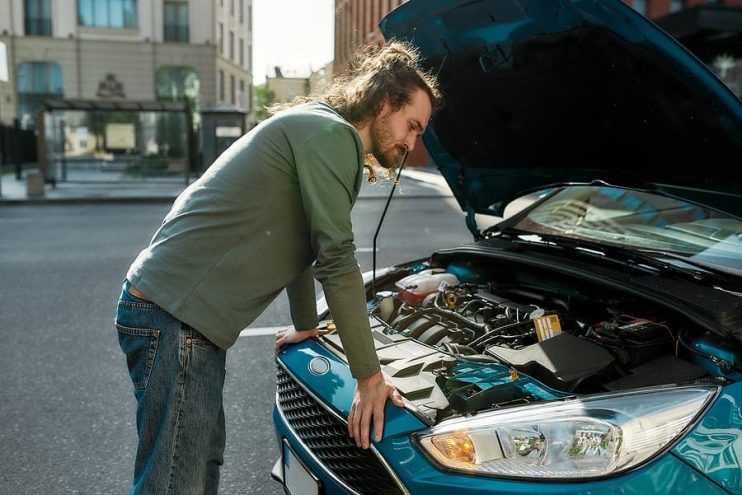
Unless you are still a novice driver, you should not really be stalling your vehicle (save for the occasional moment where your motoring skills suddenly go on holiday). But if your car starts regularly stalling, then you may have an underlying problem with the air flow, fuel system or electrics.
And when stalls happen on the open road they can be downright dangerous. What’s worse is that they’re always unexpected; stalls come with no warning signs. The check engine light doesn’t illuminate on the dash board and no signs come out of the engine. You could even be motoring on quite dandily and then bang out of nowhere, the stall happens.
If you are experiencing stalls on a regular basis when you’re on the road, then you may want to get the car checked out.
Table of contents:
I’ve Stalled… What Next?
Stalling when in motion? Watch as the car loses power. Power steering will go first, followed by the power brakes. Carefully move the car to the side of the road, after applying the foot brake. Take a moment, put the hazard lights on and engage the handbrake and put the car in neutral and try to restart the engine. If you have trouble restarting the engine, then try a jump start (if you have cables in your car) or call up a friend who might be able to help you out. If this doesn’t work, you could be looking at more serious problems in the engine.
If you stall whilst at idle, then you won’t have the momentum to get you to the side of the road. In this situation you might have to call the police to notify them of the blockage and call a breakdown provider for assistance. Avoid getting out of the car at all costs and prioritise the safety of yourself and your passengers.
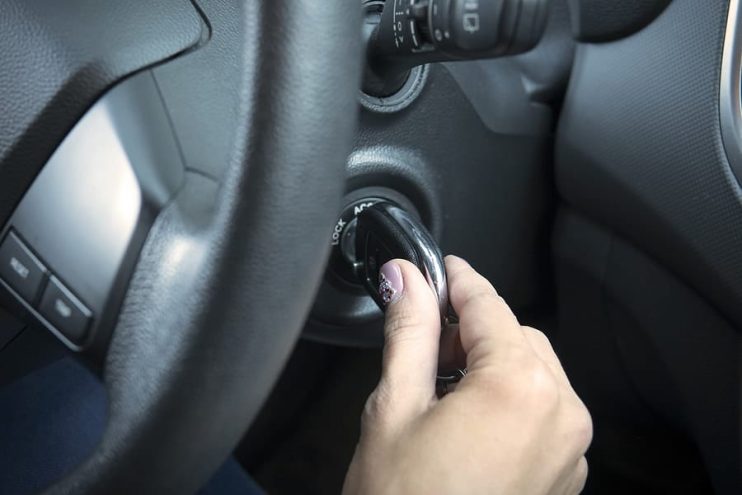
What Causes a Stall?
There are many factors that can cause a car to stall. Normally, this will be the result of an electrical issue with the car, a fuel problem or an issue with the air-fuel mixture that’s combusting in the engine. Cars can unfortunately stall in any situation; after you have just started the car, or even when you are going at cruising speed on a dual carriageway.
Fuel Issues
Assuming you have an adequate supply in the fuel tank – then if your car is stalling, it could be down to one of these fuel issues:
- Fuel mixture isn’t right – car stalling intermittently or during colder weather? Often this can be down to the lack of richness in the air-fuel mixture.
- Bad fuel pump – if the fuel pump isn’t working efficiently then it may not be able to supply the engine with the right amount of fuel to run, stalling the engine. If the fuel pump fails, then you’ll need to call a breakdown service.
- Poor fuel pressure – car only stalling when going up gradients or hills? Low fuel pressure could be one contributing factor. Often the result of blocked fuel injectors. Add some injector cleaning fluid to your fuel tank, and this may clear the problem.
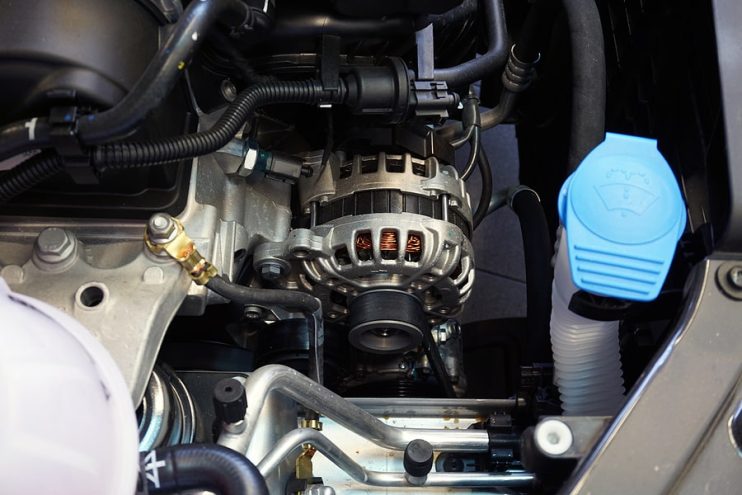
Electrical Issues
Alternatively, as long as your battery has enough charge (to discount battery issues) – then the following electrical issues could cause your car to stall:
- Bad alternator – the alternator converts engine motion back into charge for the battery and runs a bunch of essential engine functions. If your alternator starts playing up, this can cause the engine to stall. Symptoms of alternator problems include dimmed lights and your battery failing to charge. Like the fuel pump – if this part goes, your engine won’t restart.
- Faulty coolant sensor – the coolant sensor can shut down the engine if it overheats. A faulty sensor may pick up incorrect readings, causing your engine to shut down prematurely.
- Corroded distributor cap – this part is responsible for sending charge to the spark plugs. Corrosion on the distributor cap can lead to your car choking during acceleration, sometimes making it stall.
Air Problems
Your car needs to get a clean supply of air in order to effectively combust the fuel in the engine. Issues that could impact the air flow into the engine:
- Air flow filter – check the air flow filter for debris and clogging. Over time this part picks up all the dirt in the air. Eventually, this will build up and stop the flow of air into the engine, which means the fuel will not properly combust, leading to stalls.
Transmission Problems
Stalls can also be caused by issues with the transmission:
- Manual transmission cars – take your foot off the clutch whilst in gear, without giving the car enough throttle and your car may stall. The same situation can occur if you try to switch to a higher gear without the necessary RPM to support it. If this happens, stay calm. Put on the handbrake. Stick the gear in neutral and restart the engine.
- Automatic transmission cars – these feature a torque convertor that manages transmission fluid and ensures your engine keeps running whilst starting and stopping. If this fails (most likely due to overheating or dirt in the transmission fluid) then it will cause the car to stall.
A Final Word
If you’re experiencing stalls then first check the engine is getting enough charge and fuel – is the fuel tank full enough and is the battery properly charged? If the car is stalling on inclines, then add injector cleaner fluid to the fuel. Finally, check that the air filter isn’t clogged with particles or pollen. These are the most common causes and also the easiest fixes. However, if you still experiencing stalls after taking this remedial action, then we would advise you to seek out professional advice.

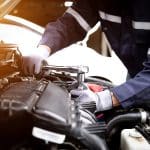
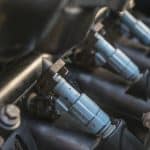
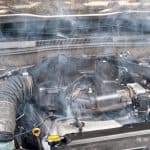
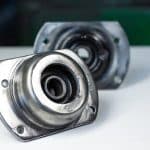
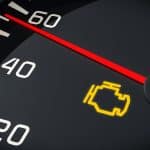
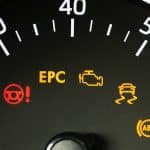
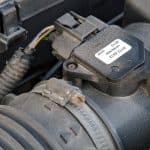
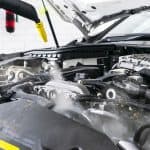
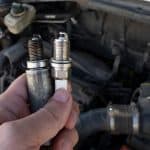
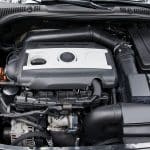
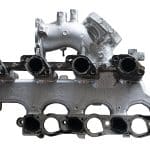
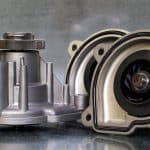
.png)